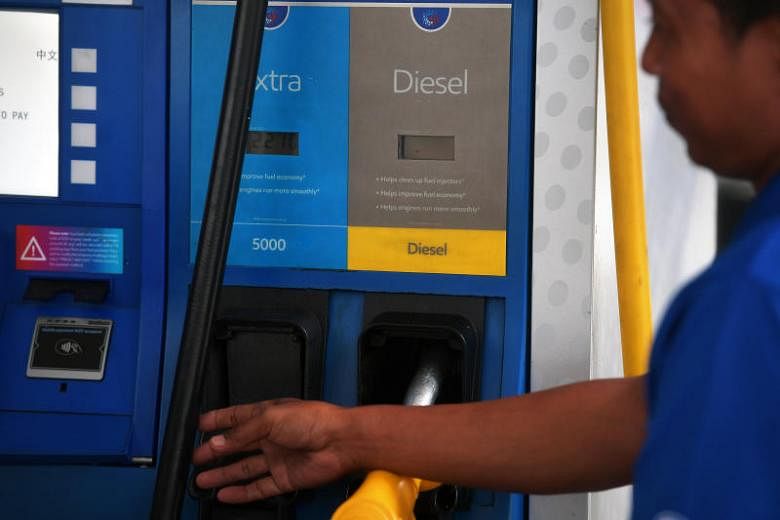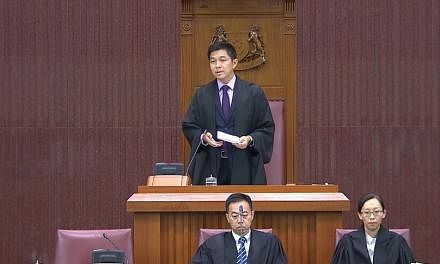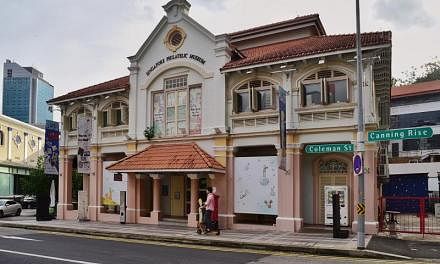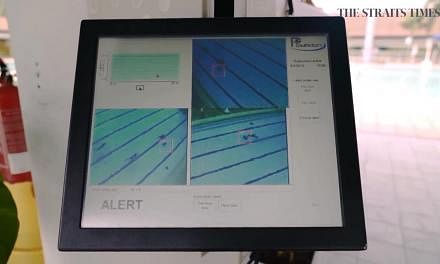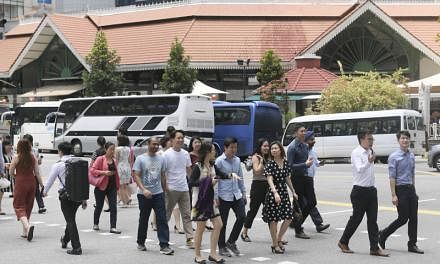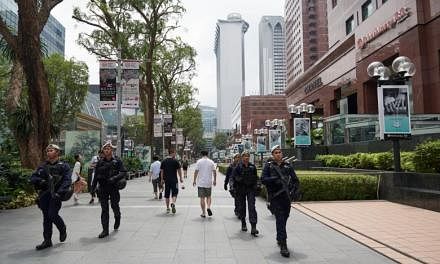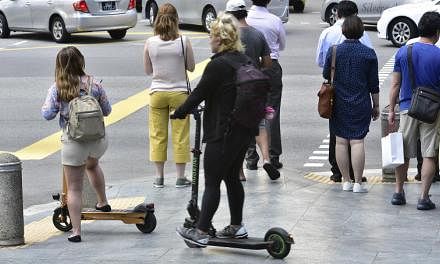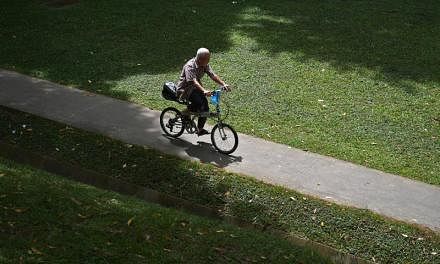SINGAPORE - While the recent diesel tax increase makes the environment more resilient, it may be at the expense of potentially higher business costs, Non-Constituency MP Dennis Tan said on Tuesday (Feb 26) during the debate on the Budget statement.
Responding on Thursday (Feb 28), Finance Minister Heng Swee Keat said the framing of the issue needs to go beyond that of a "simple trade-off" to a broader understanding of the longer-term approach Singapore is taking to address the increasingly urgent issue of vehicular emissions.
"Diesel exhaust contains substantial amounts of particulate matter and nitrogen oxides, which are associated with an increased risk of lung cancer and respiratory infection," Mr Heng said in his wrap-up speech on the Budget debate.
"The long-term impact of excessive diesel use on the health of our family and children is significant," he added.
In the course of the Budget debate since Tuesday, other MPs, including Ms Lee Bee Wah (Nee Soon GRC) and Mr Gan Thiam Poh (Ang Mo Kio GRC), flagged the impact of the diesel tax hike on businesses and taxi drivers. The tax has been jacked up from 10 cents a litre to 20 cents from Feb 18.
Mr Heng said it is necessary to use a "price signal" to nudge diesel users towards cleaner and more sustainable alternatives.
He explained that the diesel excise duty is only one part of a larger roadmap to discourage diesel consumption.
Other measures include the Early Turnover Scheme introduced in 2013, which helps owners of commercial goods vehicles to switch to cleaner and more fuel-efficient diesel models. More than 40,000 vehicles have been converted under the programme, Mr Heng said.
In 2018, the Vehicular Emissions Scheme was introduced to further encourage the buying of greener vehicles and discourage that of pollutive vehicles, he added.
Mr Heng noted that no new diesel taxis were registered last year.
At the same time, the existing pool of diesel vehicles has shrunk by more than 30 per cent to 15,100, from 23,700 in 2016, as taxi companies switch to electric and electric-hybrid cars, he noted.
Responding to Mr Gan's suggestion to exempt vehicles and machinery with no non-diesel alternatives from the tax hike, Mr Heng said this works against what the Government is trying to do.
"The increase in diesel tax will help nudge businesses which are heavy diesel users towards greater efficiency. For example, companies can consider adopting consolidated logistics and use better routing applications to optimise their deliveries," he added.
Mr Heng pointed out that the Government has provided a transitionary offset package to cushion the cost impact until 2022 while businesses adapt to reduce diesel consumption.
He also said the Government recognises the impact of the new tax on cost for cabbies.
Reiterating what Senior Parliamentary Secretary for Transport Baey Yam Keng said on Wednesday, Mr Heng told the House that taxi operators have pledged to pass on the entire savings from an $850 reduction in the annual special tax for taxis to their drivers.
ComfortDelGro cabbies are also being given incentives to switch from diesel taxis to a hybrid version.
